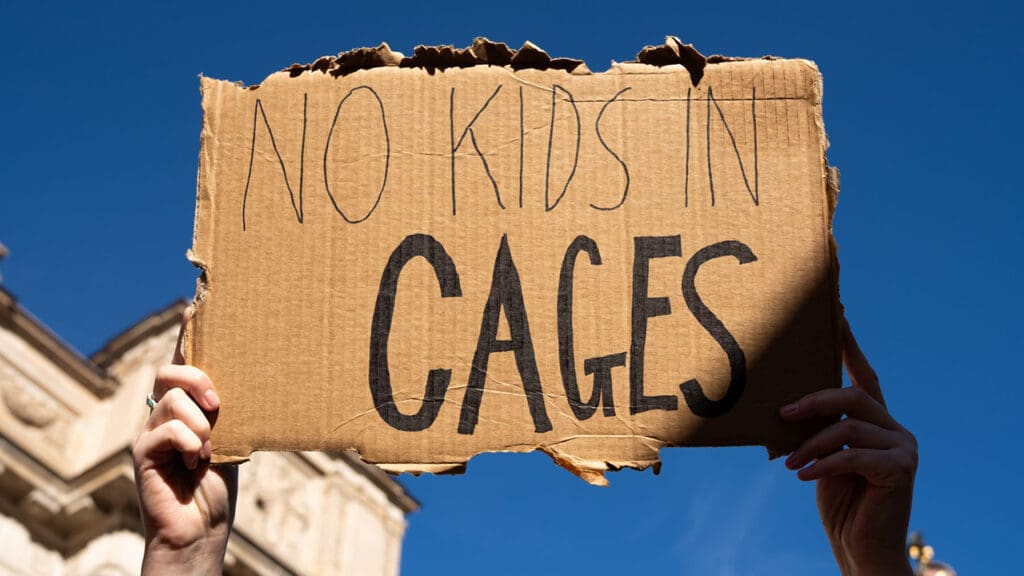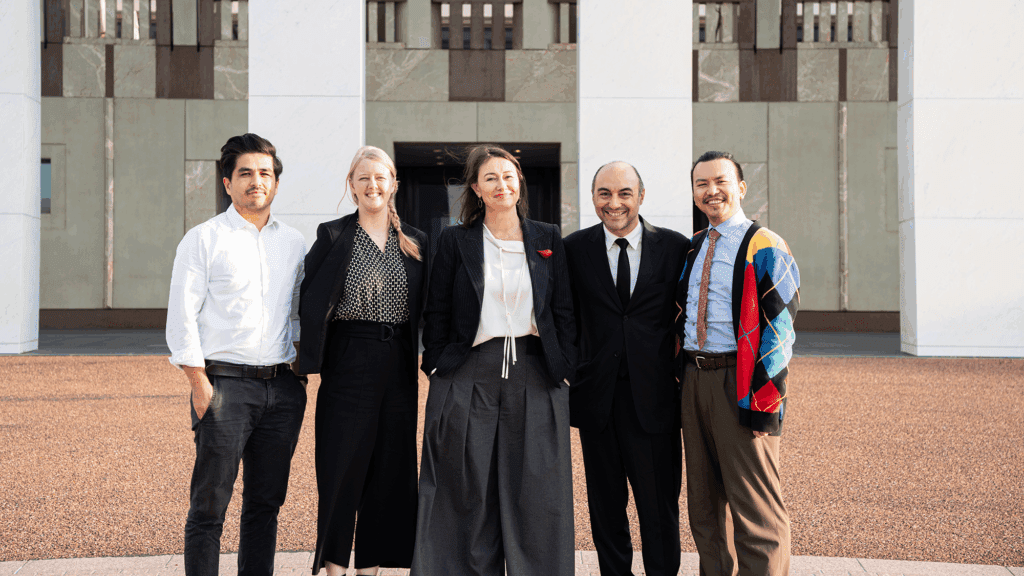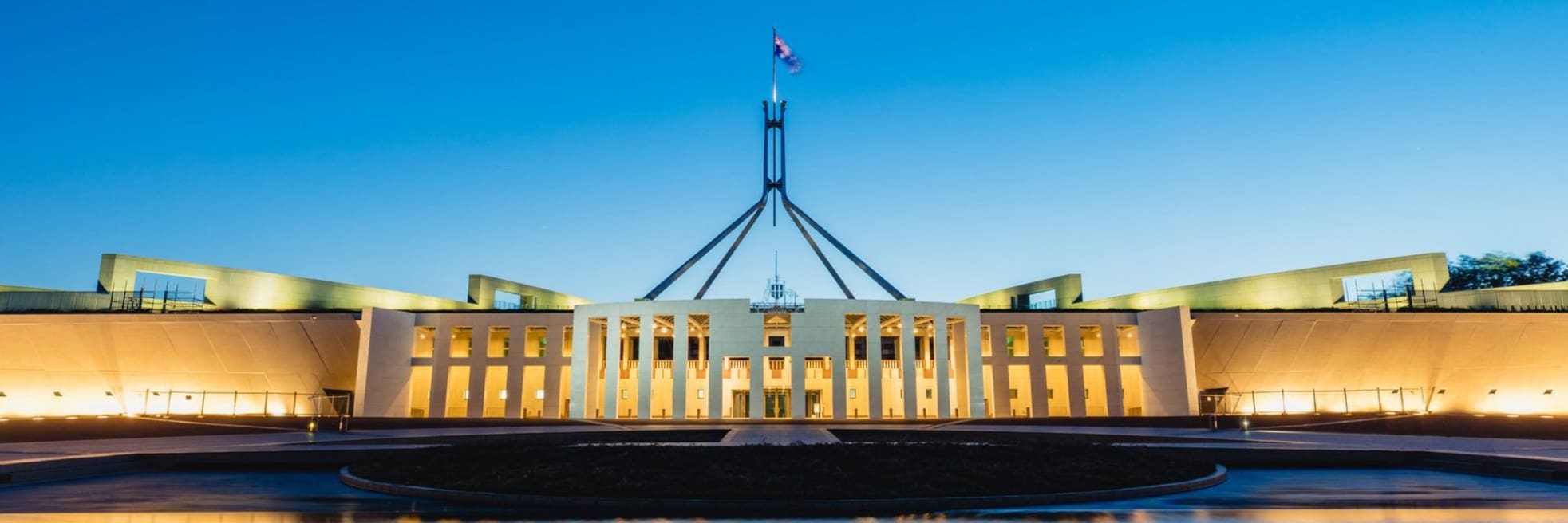It’s time to safeguard our democracy
Australians can be rightly proud of the robust democracy we’ve established in a relatively short time, but we shouldn’t forget that the democratic freedoms and institutions we enjoy were won through people standing together to speak up about issues that they care about. And we cannot be complacent. As governments can bestow rights, equally they can take them away.
Safeguarding Democracy contains recommendations to reverse the worrying trend of our rights sliding backwards. In this election year, our elected representatives need to recommit to the vital preconditions to the health of our democracy – transparent government, free press, a strong civil society and the rule of law. It’s time to safeguard our democracy.

Blueprint to fix Australia’s broken whistleblower protection laws
A comprehensive blueprint for establishing a Whistleblower Protection Authority, which would be a new, dedicated statutory agency to support, protect and empower Australia’s whistleblowers.
Read more
Urgent United Nations complaint about Australia’s youth justice policies
An urgent United Nations complaint has been made about Australia’s discriminatory youth justice systems and how they seriously violate the human rights of Aboriginal and Torres Strait Islander children.
Read more
Albanese Government must seize the chance to strengthen human rights
The Human Rights Law Centre calls on all the re-elected Albanese Government to be bold in progressing human rights in this next Parliament, by strengthening our human rights and creating a fairer future for everyone.
Read more




